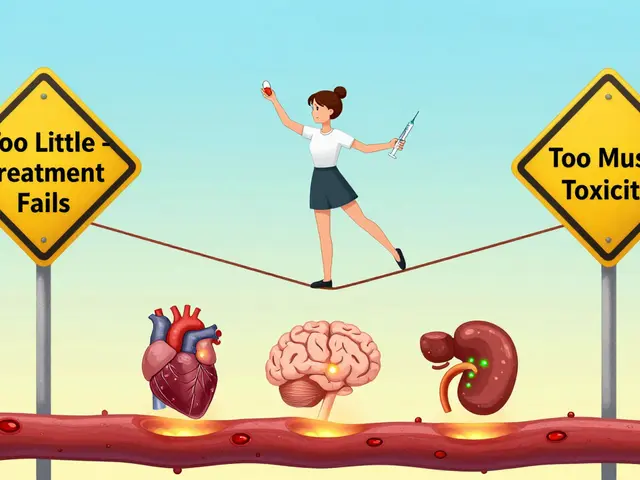Support groups: Find help, share experiences, and stay safe
Feeling alone with a medical problem? Support groups connect you with people who know what it's like. Whether you’re managing diabetes, coping with medication side effects, or looking for mental health support, groups give practical tips, emotional backup, and real-life coping strategies.
Types of groups vary. Local, in-person meetings let you meet neighbors and access nearby resources. Online groups—forums, Facebook groups, Reddit threads, and video meetups—fit busy schedules and connect you to rare-condition communities. Some groups are peer-led; others are run by hospitals, clinics, or charities and include professional input.
Where to find the right group
Start with places that already know your condition: your clinic or specialist, national disease organizations, and patient advocacy sites. Search phrases like "diabetes support group near me" or "RA online support forum" work well. Check hospital event calendars, Meetup, and established non-profit pages. For online groups, prefer those with clear rules, active moderation, and a public profile showing organizers.
Before you join, scan older posts. Are members respectful? Do conversations focus on lived experience and practical tips, not miracle cures? Look for groups that reference guidelines or reputable sources when talking about treatments. If a group encourages specific vendors or claims guarantees about medications bought online—walk away.
Stay safe and get the most from a group
Protect your privacy. Use a nickname or a secondary email for public groups. Never post your full medical record, insurance details, or bank info. If someone pushes for paid products or prescription shortcuts, report them and leave. Remember: peer groups are for sharing experiences, not clinical decisions.
Prepare before meetings. Bring a short list of questions, your current meds, and any symptom notes. That helps others give focused feedback and saves time. If a member mentions a serious side effect—like severe allergic reactions, breathing trouble, or suicidal thoughts—encourage them to contact emergency services and their provider immediately.
Balance emotional support with professional advice. Use groups to learn coping tips—hydration strategies when taking spironolactone, or how others handled hair loss from RA meds—but verify medical recommendations with your doctor or pharmacist. If you find a helpful strategy online, ask your clinician whether it's safe for you.
Want a place to start? Check local hospital programs, national health charities, and verified social groups with clear moderation. And if you prefer short reads, our site has condition guides and medication articles that pair well with peer support.
Etiquette matters. Show up on time for virtual meetups, mute when not speaking, and avoid dominating conversations. When you share a tip, say what worked for you and what didn't — that helps others judge relevance. After meetings, jot down any action items like questions for your doctor or changes to try. Small follow-ups make peer advice actually useful in real life. You don't have to do this alone.
As a chronic diarrhea sufferer, I cannot stress enough the importance of support groups in my life. They provide a safe space for us to share our experiences, learn from each other, and feel understood. These groups offer emotional support and practical advice on how to manage our condition. They also help to break the isolation and stigma that can come with chronic diarrhea. Overall, joining a support group has truly improved my mental and emotional well-being while navigating this challenging condition.
View Details

